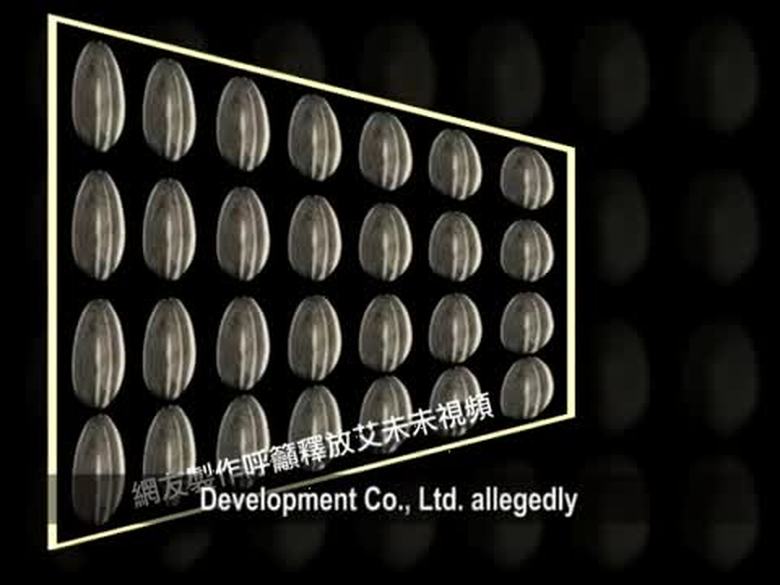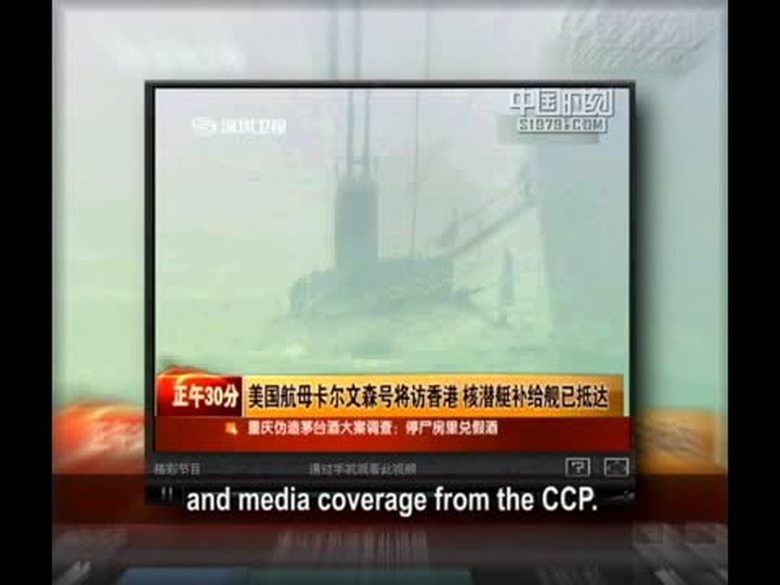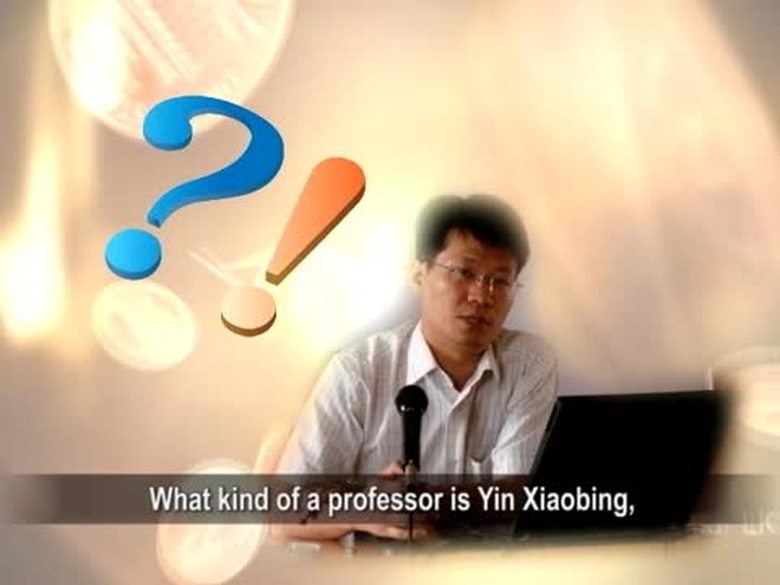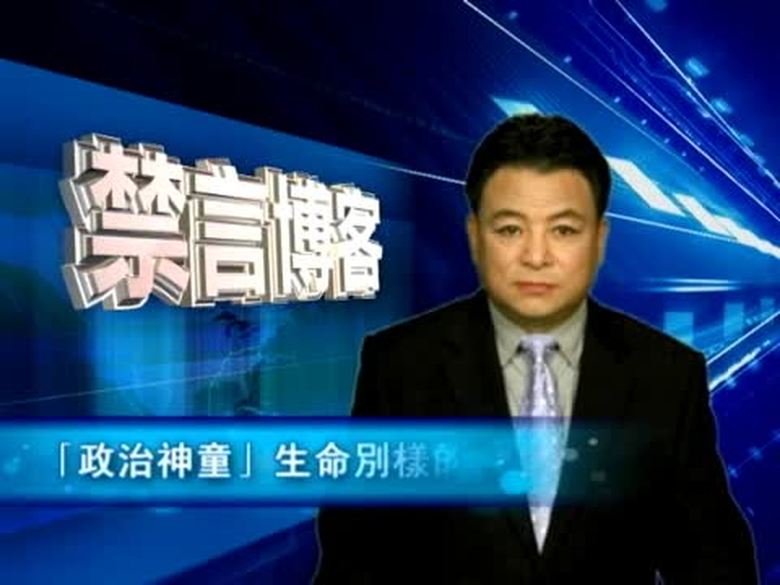【新唐人2011年5月20日訊】中共政法系統官員最近公開發文,以全面否定的語氣提及“公民社會”,並指責西方為中國“設計”了所謂“公民社會”的“陷阱”。文章一刊出,引起網路和各界人士的強烈反響。請看報導。
一名中共高級政法官員周本順,16號在中共機關刊物《求是》發表文章:《走中國特色社會管理創新之路》,文章明確提出要警惕“公民社會”。
周本順攻擊“公民社會”這一概念,稱它是“某些西方國家”為中國“設計”的“陷阱”,要防止“誤信、誤傳”甚至“落入”這一“陷阱”。
文章中,周本順強調,“加強與創新社會管理”不是過多的把政府的事情交給社會去辦,而是要加強對社會組織的規範。而對於社會組織(NGO等),是將他們納入黨委和政府主導的社會管理體系。同時,事先設好“安全閥”,防止一些所謂“別有用心”的社會組織繁殖起來。
專欄作家,也是資深的政經評論家林保華向《新唐人》表示,中共現在把中國的非政府組織(NGO),當作他們的重要敵人。
林保華(資深政經評論家):“因為共產黨不准有反對黨存在,也不許異議人士組成團體。因為我們知道,四川大地震以後,有很多NGO組織都到災區去賑災,有許多人被捕。所以共產黨更是把這個NGO組織,把正常的公民社會裏面民眾組織的這些團體,當作可能顛覆它們政權的危險組織。”
在此之前,中共中宣部曾向中國各級媒體發出宣傳禁令,要求禁止使用“公民社會”這一概念,有些媒體無奈,只好用“民間社會”等詞語替換。林保華認為,社會公民服從的是公共社會,不是國家。
林保華:“他就怕『公民意識』,因為『公民意識』就覺得我(公民)有甚麼權利,一般公民有的『義務』就是交稅,但同樣的我有權利啊!那,你不准我有言論自由,不准我作這個、不准我作那個,我可以說『公民』抗命啊!所以,(中共)就把公民提出來為“陷阱”問題。就拿來製造危人聳聽的言論,甚麼陷阱?所謂陷阱,將來可能就是(中共)所謂顛覆共產黨的機構。”
對於周本順提出的觀點,《法國國際廣播電臺》提出質疑,報導說,現在的問題是,這到底是北京高層在十八大前的「策略之舉」,還是預示著中共未來的「長遠戰略」?如果是前者,人們也許還能嚐試忍受;如果是後者,那麼中國的前途就堪憂了。
中國貴州人權研討會人士:“我們今天在網站上看見周本順這個說辭,實際上在中共政權裡是長期都在實行的。在進行通話、或接受你的採訪,他們都是進行了嚴密的監控和錄音的。在這個問題上我認為,他們已經在窮途末路了,沒辦法的情況下實施的一些策略。 ”
北京2月份舉辦的“省部級主要領導幹部社會管理創新研討班”上,中共常委胡錦濤、周永康分別有強硬的講話,而後,在全國兩會上,中共另一常委、全國人大委員長吳邦國則在常委會報告中表態“三不搞”。
《法廣》認為:這些表態,被認為是在所謂「矛盾凸顯期」,(這時期)中共執政者全面收集「意識形態」,而周本順的這一文章,則是在政法與社會管制領域(當局)「強硬」變化的具體表述。
新唐人記者常春、唐睿、孫寧採訪報導。
Civil Society “A Trap”
CCP』s (Chinese Communist Party) political
and law officials recently published an article
which completely refuted the concept
of “civil society,” and accused western societies
of making the trap of “civil society.” Once published,
the article aroused strong reactions among netizens
and people from all circles.
Senior CCP political and law official,Zhou Benshun
published the article “Road of Social Management
Innovation with Chinese Characteristics,”
in Seeking Truth magazine, on May 16. It warns
people to be alert about the “civil society.”
Zhou attackes the concept of “civil society”
by calling it “a trap by some western countries”
for China. He warned people not to “mistrust,
misrepresent” or “fall into the trap.”
Zhou stresses in his article
“to intensify and innovate social management”
is to not let society take up the governments』 duty,
but to intensify restrictions on social organizations.
NGOs should be incorporated
into CCP』s social management system. Meanwhile,
authorities should set a “safety valve” in advance
to avoid “ill-intentioned” organizations』 propagation.
Lin Baohua, a columnist and distinguished political
and economic critic, told NTD
that CCP now treats NGOs as its principal enemy.
Lin Baohua: “CCP doesn』t allow opposition parties
or dissident groups. As we know,
after the Sichuan Earthquake, many NGOs
went to disaster areas to help with people』s relieve,
but many of them were arrested. CCP even
treats NGOs, which consist and are organized
by normal civilians, as dangerous enemies
who may overthrow their rule.”
Previously, China』s Central Propaganda Department
enacted a ban for all Chinese media, requiring them
to stop using the concept of “civil society.”
Reluctantly, media could only use “folk society.”
Lin believes that what civilians should obey
is the civil society, not the country.
Lin Baohua: “CCP fears 『civil awareness,』
because 『civil awareness』 reminds people
of their rights. Civilians have obligations
like paying taxes, but they also have rights!
Being aware of this, civilians may disobey rules
which are against freedom of speech
and forbids people from doing this and that.
Therefore, (CCP) describes 『civil society』
as a “trap to scare people.” Where is the trap?
The “trap” might overthrow the government
as the CCP fears.”
According to Radio France Internationale』s (RFI)
report, which questioned Zhou Benshun』s opinion,
the problem now is whether it』s Beijing authorities』
would take 『strategic measure』 before CCP』s
18th National Congress or a 『long-term strategy』
in the future. The former might be tolerated,
but the latter will ruin China』s future.
People from a human rights workshop in Guizhou,
said: “What Zhou Benshun says today on the site
has long been carried out by CCP』s regime.
Even when making calls and being interviewed,
they closely watch and record what you say.
I think they have reached the end of the road
on this problem and could do nothing else.”
At the “Provincial and ministerial cadres』 workshop
on social management innovation” in Beijing
this February, Hu Jintao and Zhou Yongkang
both delivered tough speeches.
Then in the Two Conferences, Wu Bangguo
(Chairman of the Standing Committee
of the National People's Congress)
expressed the attitude of “three not to engage.”
RFI believes: “These phenomena reflect that CCP
is collecting ideologies extensively
during this controversial period. Zhou』s article
described this change in the fields of politics, law,
and social management in details.”
NTD reporters Chang Chun, Tang Rui and Sun Ning
看下一集

【禁聞】奥巴馬演說挺民主 學者指影響中國

【禁聞】遍地西瓜爆炸 炸出食品安全危機

【禁聞】舊西藏生活如豬狗 新西藏很幸福?

【禁聞】外記:中國新聞狀況持續惡化

【禁聞】毒奶粉醫療基金是空頭支票?

【禁聞】扔鞋有獎 防火牆之父被“鞋”

【禁聞】網戰較量 新版破網軟件將推出

【禁聞】重金屬污染嚴重 湖南多處耕地破壞

【禁聞】中共稱無對臺導彈 美軍售立場不變

【禁言博客】紅色之都—西紅柿

【禁言博客】紅色之都—西紅柿

【禁聞】法學教授:取消馬列必修課

【禁聞】艾未未妻駁斥指控 政法委推諉責任

【禁聞】美調策略圍堵共產 中共心慌

【禁聞】顛覆師道 “寶馬副教授”語出驚人

【禁言博客】「政治神童」 生命別樣的摧殘








